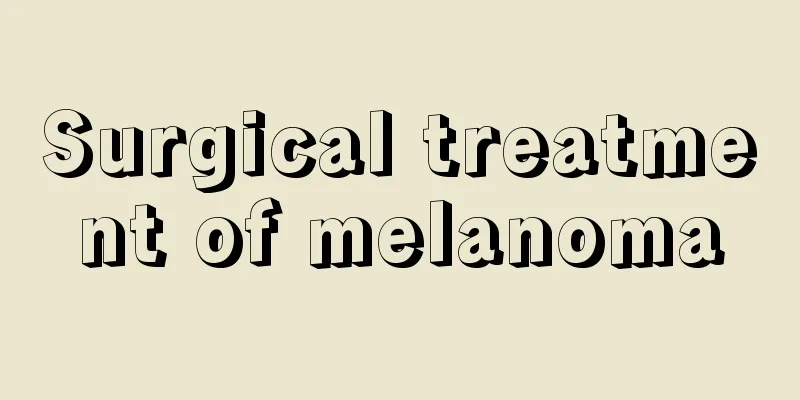What are the dangers of liver radiofrequency ablation surgery?

|
In recent years, the incidence of liver cancer has been getting higher and higher. As we all know, liver cancer is very harmful to the body. Liver cancer patients need to actively receive treatment in normal times. Liver cancer is a common malignant tumor. There are many methods to treat liver cancer. Liver radiofrequency ablation surgery is a relatively common method of treating liver cancer. Although it is a non-surgical treatment and has more advantages, it also has disadvantages. The hazards of liver radiofrequency ablation 1. Hazards of anesthesia: Since liver radiofrequency ablation uses local anesthesia plus intravenous enhancement, there will be respiratory depression, which will lead to the risk of unstable cardiovascular function. 2. Bleeding: Since there are many blood vessels in the human skin and liver, during the puncture process, the electrode needle may touch the blood vessels, causing rupture and bleeding. 3. Tissue damage: During the operation, the tip of the electrode needle will generate temperature. When the temperature is too high, it will cause damage to the surrounding tissues and cause corresponding reactions. 4. Tumor spread: During the process of removing the needle during radiofrequency ablation, the tumor may grow along the needle track, thus indirectly causing tumor spread. Advantages of Radiofrequency Ablation of the Liver 1. Protect liver tissue: The radio frequency electrode needle only covers a maximum range of 5cm in diameter, and has relatively little impact on other liver tissues. Especially for patients with severe cirrhosis, it can protect as much functional liver tissue as possible. 2. Quick recovery: After liver radiofrequency ablation, the patient only needs to be observed for 1 to 2 days before being discharged from the hospital, and can resume normal life in about five days. 3. Small reaction: After liver radiofrequency ablation, patients experience fewer and smaller adverse reactions, so the pain after surgery is less than that of surgical operation. 4. Repeatedly: Since the radiofrequency in the previous stage will not affect the subsequent treatment, and the operation will basically not form adhesions in the abdominal cavity, laparoscopic liver radiofrequency ablation can be performed repeatedly. After having a certain understanding of the dangers of liver radiofrequency ablation, combined with the advantages of this surgery, you can consider whether to undergo liver radiofrequency ablation. However, any technology will inevitably have certain limitations in clinical application, so if the operation is suitable in all aspects, then it can be considered. |
>>: How long does it take for the heart to recover after radiofrequency ablation?
Recommend
Is glioma caused by genetics?
The number of people suffering from brain tumors ...
I suddenly feel dizzy, what's going on?
In our daily life, everyone must have experienced...
Signs of death from neuroblastoma
Neuroblastoma is a common childhood cancer that c...
The most common symptom in patients with bladder cancer is hematuria
The most common symptom of bladder cancer patient...
Children's cough syrup
When the human body has sore throat and cold symp...
What are the radiation hazards
Radiation is everywhere in our daily lives. It co...
What to do if pancreatic cancer recurs and metastasizes
When it comes to pancreatic cancer, many people a...
What are the disadvantages of shaking your legs frequently
In daily life, many people will unconsciously sha...
What should I do if there is a lump of flesh on the back of my neck?
With the development of electronic products, comp...
Why should people drink more water?
Water is colorless, invisible and tasteless, but ...
What causes brain cancer in infants and young children
Tumors can cause increased intracranial pressure ...
What causes the lower left eyelid to twitch
Our previous view on eyelid twitching was that le...
What are the causes of lung cancer? Check out the four major causes of lung cancer
The cause of lung cancer is closely related to sm...
Is high blood pressure hereditary?
As economic conditions are getting better, living...
What are the treatments for restless legs syndrome
Restless legs syndrome is also called restless le...









